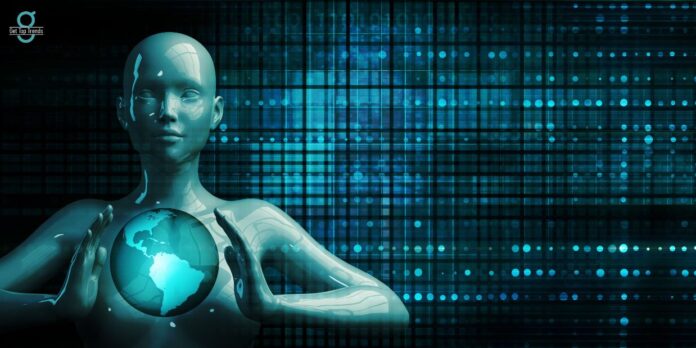As Artificial Intelligence continues to advance and permeate various aspects of our lives, concerns about its potential dangers and risks are escalating.
Visionaries like Stephen Hawking and Elon Musk have warned about the existential threats posed by AI, underscoring the need for vigilance and ethical considerations as we tread into this new era of technological development.
Artificial Intelligence holds enormous promise, it also presents a range of potential hazards that must be addressed. Let’s delve into the top eight risks and dangers of AI:
1. Job Losses Due to Artificial Intelligence Automation
One of AI’s most immediate and tangible impacts is the automation of jobs. As AI systems become increasingly proficient at performing tasks once exclusive to humans, there is a real risk of job displacement across various industries. People have doubts about that will AI take their job.
While automation can enhance efficiency and productivity, it can also exacerbate unemployment and potentially lead to social and economic challenges if not properly managed. Retraining the workforce and developing new job opportunities is crucial to mitigating this risk.
2. Social Manipulation Through AI Algorithms
The rise of AI-driven algorithms on social media platforms has enabled targeted content delivery and manipulation of public opinion. These algorithms can create echo chambers, reinforcing existing beliefs and polarizing societies.
AI algorithms can influence user behavior and potentially incite social unrest by presenting biased or misleading information. Transparency, algorithmic accountability, and responsible data usage are vital in preventing malicious manipulation.
3. Social Surveillance with AI Technology
AI-powered surveillance systems are becoming increasingly sophisticated, raising concerns about privacy and civil liberties.
Facial recognition, biometric tracking, and other AI-driven surveillance technologies can infringe upon individual rights and lead to a surveillance state. Striking a balance between public safety and personal privacy is essential to avoid the abuse of AI surveillance.
4. Biases Due to Artificial Intelligence
AI algorithms are only as unbiased as the data on which they are trained. If the training data contain inherent biases, AI systems can perpetuate and even amplify those biases in decision-making processes.
This can result in discriminatory hiring, lending, and law enforcement practices. Ethical AI development demands data diversity, fairness, and rigorous testing to identify and mitigate biases.
5. Widening Socioeconomic Inequality as a result of AI
As AI becomes more prevalent, there is a concern that it will exacerbate existing socioeconomic inequalities.
Large corporations and wealthy individuals may possess the resources to adopt and benefit from advanced AI technologies, leaving smaller businesses and marginalized communities disadvantaged.
Ensuring equitable access to AI technologies and fostering responsible AI usage can help alleviate this risk.
6. Weakening Ethics and Goodwill Because of AI
AI can create highly convincing deepfakes and generate synthetic content that can be easily manipulated for malicious purposes. Such technology can erode trust and sow discord, posing significant threats to societal cohesion and ethical standards.
Strengthening digital literacy, promoting media literacy, and developing AI-driven tools to detect deepfakes are crucial to preserving truth and goodwill.
7. Autonomous Weapons Powered by Artificial Intelligence
Developing autonomous weapons, also known as “killer robots,” raises significant ethical and humanitarian concerns. AI-powered military systems that can make lethal decisions without human intervention could lead to unforeseen consequences and escalate armed conflicts.
The international community must establish robust regulations to govern the development and use of such weapons.
8. Financial Crises Brought About by AI Algorithms
AI algorithms are increasingly employed in financial markets for trading and risk assessment. However, their complexity and interconnectivity could lead to unforeseen market behaviors and financial crashes.
Regulators and financial institutions must diligently oversee AI-based financial systems to prevent catastrophic failures and ensure market stability.
Conclusion
The potential of AI is vast and transformative, we must recognize and address the inherent risks and dangers it poses. Responsible AI development, comprehensive regulations, and ongoing ethical evaluations are essential to harnessing AI’s benefits while mitigating its potential harms. The collaboration of governments, technologists, and the wider society is crucial to navigating this AI-driven future safely and responsibly.


